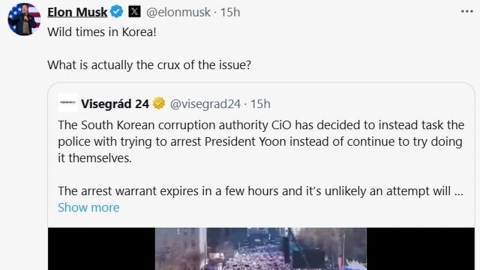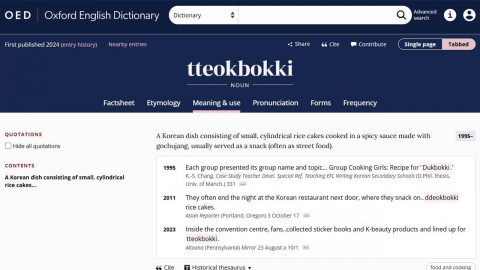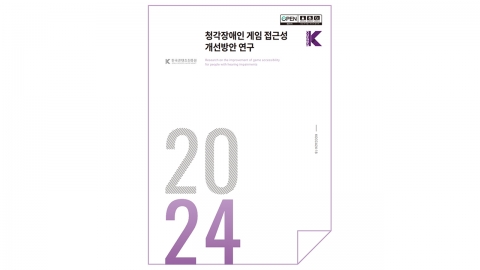According to the annual ultrafine dust measurement results released by the Gyeonggi Institute for Health and Environment, the average concentration of ultrafine dust was 18㎍/㎥ last year, and the number of days of "good" grade for ultrafine dust was 177 days.
The average concentration gradually improved to 26㎍/㎥ in 2015, 28㎍/㎥ in 2016, 27㎍/㎥ in 2017, 28㎍/㎥ in 2018, 26㎍/㎥ in 2019, 21㎍/㎥ in 2020 and 2021, 20㎍/㎥ in 2022, and 21㎍/㎥ in 2023.
The number of days of "good" grade for ultrafine dust was 86 days in 2015, 50 days in 2016, 87 days in 2017, 126 days in 2018, 105 days in 2019, 141 days in 2020, 163 days in 2021, 166 days in 2022, and 150 days in 2023.The
Provincial Institute of Health and Environment analyzed that the improvement of ultrafine dust was due to the government and local governments' continuous air quality improvement policies and favorable weather conditions.
The measurement of ultrafine dust was carried out at 110 urban air monitoring stations in 31 cities and counties in the province over the past year.
The measurement results will be finalized after review by the National Institute of Environmental Research in the first half of this year.
※ 'Your report becomes news'
[Kakao Talk] YTN Search and Add Channel
[Phone] 02-398-8585
[Mail] social@ytn.co.kr
[Copyright holder (c) YTN Unauthorized reproduction, redistribution and use of AI data prohibited]
Nationwide
More- [Gyeonggi] Governor Kim Dong-yeon said, "I commend the heroes behind the fire at Bundang Complex Shopping Mall."
- [Gyeonggi] Goyang City to use GTX-A Development as underground water resource
- [Gyeonggi] GTX Paju-Seoul Station route will also benefit from 'The Gyeonggi Pass'
- Jeonbuk activates 'emergency phase 1' of disaster response headquarters in anticipation of heavy snow









